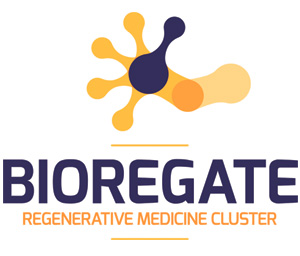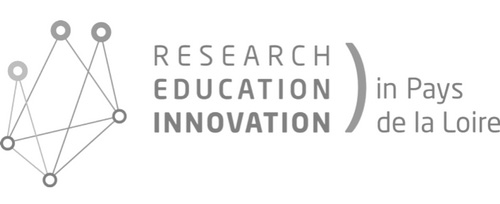Organization activities
The CRTI is a joint research unit (UMR 1064) created by INSERM and Université de Nantes in 2012 and renewed in 2017, and is historically the evolution of previous units devoted to transplant immunology for almost 20 years in Nantes. The CRTI is located at the CHU Nantes Hotel Dieu where it constitutes with several clinical departments the Institute of Transplantation Urology and Nephrology (ITUN), one of the largest French and European kidney transplantation centers. This unique environment fosters interactions between basic scientists and clinicians, and explains the strong commitment of the CRTI to translational research.
The CRTI gathers researchers and clinicians with expertise in basic immunology, transplantation, autoimmunity, inflammation, virology, nephrology, regenerative medicine, genetic and bioinformatics and who develop innovative projects going from basic to clinical research.
The main and long-term objectives of these project are to improve treatments and patient monitoring in transplantation and immune-mediated inflammatory diseases (IMIDs) through understanding immune responses, developing new immunotherapeutics, biomarkers and tools for personalized medicine and developing alternative strategies for organ or tissue replacement.
The CRTI is organized in 5 independent teams, including an ATIP-Avenir team and 11 core facilities, in which 34 scientists and a total of 170 people currently work to promote research, education and clinical developments.
CRTI Team 2 activities
We aim to integrate immune tolerance, transgenesis, gene editing and human ES/iPS cells to explore and manipulate immune responses.
1 ) Work on CD8+ Tregs, both on basic (phenotype, function, TCR-peptide interactions, CAR) and clinical aspects (in pathological situations and as cellular therapy product). We will generate a Mab allowing to deplete CD4+ and CD8+ effector T cells without affecting CD4+ and CD8+ Tregs and a cytokine inducing CD4+ and CD8+ Tregs.
2 ) The generation of KO and KI rats for immune genes (such as Ighm, Rag1 and Il2Rg KO) using nucleases (ZFNs, TALENs, CRISPRs) through an IBiSA-labeled facility. We generate CRISPRs to analyze the function of new genes, label or ablate specific cell lineages (such as Foxp3) and generate conditional KOs.
3 ) The analyses of stemness of ES/iPS using single cells from human and rat blastocysts and RNAseq. As a result, new truly naïve human and rat ES cells can be defined and better control their differentiation to other cell types and their application in rat transgenesis
4 ) The generation of human GMP hepatocytes derived from ES/iPS cells to transplant in liver diseases. We will also correct by gene-editing iPS cells from patients with liver genetic diseases using CRISPRs and derive hepatocytes from them for personalized regenerative medicine.
We will initiate
- Differentiation of human ES/iPS towards CD34+ cells and then to CD8+ Tregs. ES/iPS derived CD34+ cells and hepatocytes will be used to humanize immunodeficient rats as new pathophysiological models. ES/iPS-derived CD8+ Tregs will be a source of therapeutic cells.
- Gene editing of immune genes using CRISPRs and different viral vectors. Immunogene editing will be applied to human CD8+ Tregs to KO or KI genes and to introduce TCRs or CARs directed against alloantigens to give higher specificity to CD8 Tregs. Human CD34+ cells derived from ES/iPS will be KO or KI for different immune genes and then used to humanize immunodeficient mice or rats to explore the function of these genes.
Team leader: Ignacio Anegon – Ignacio.Anegon@univ-nantes.fr

